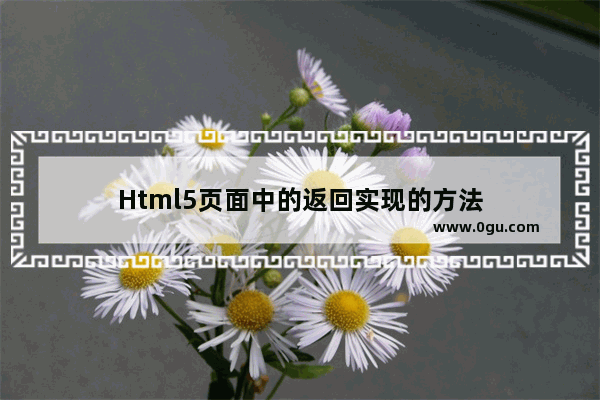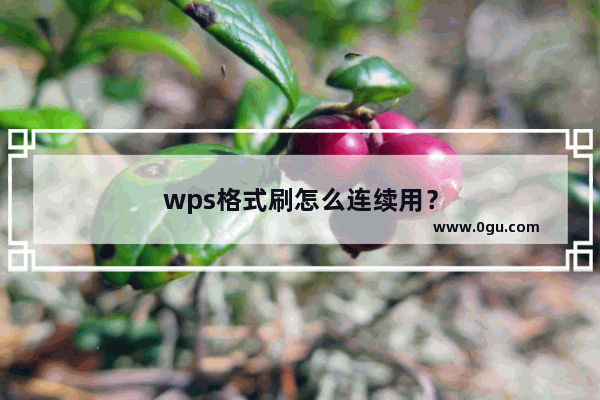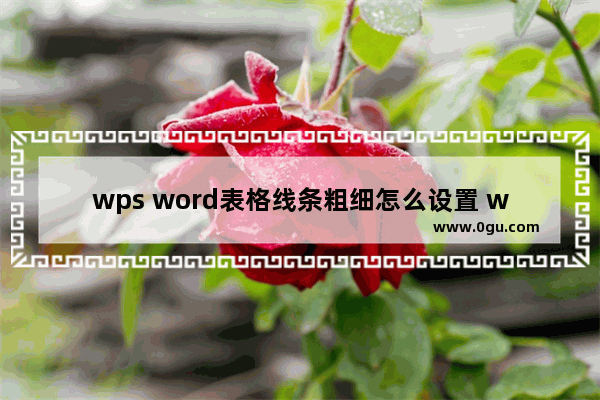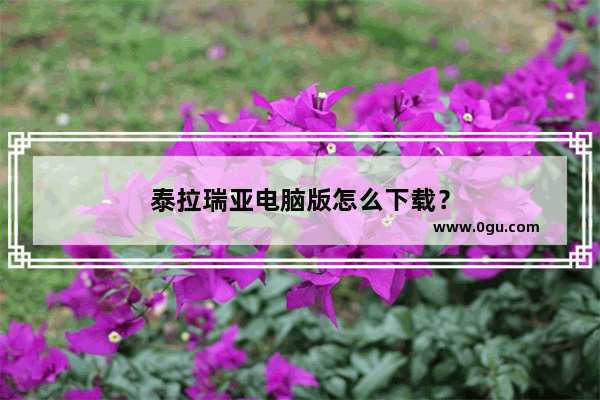看到这个题目你可能觉得这是什么鬼? 其实我想说的是这种,看下面的录制:
这种交互在H5页面中比比皆是,点击城市->弹出城市选择浮层->按返回按钮关闭浮层。
这些操作都是不要点击左上角/右上角的关闭按钮就可以进行的,飞猪的H5是前进出现弹层,返回时弹层关闭,其他家都不行(去哪儿网H5飞机票,美团H5酒店)。
为什么要这么设计?
因为H5是在手机上操作的,手机上的手指可操作区域的覆盖范围很小,更别说左上角/右上角这些死角(取消/关闭)区域了。你肯定听过这个操作:轻触返回。这个在用户操作的时候非常方便友好,选择完城市后,不需要点击取消,直接在大拇指可以操作的地方点击返回就关闭了弹层。
如何实现
既然有这种非常好的需求,那作为开发肯定就会想法设法的实现这个功能了。 你甚至都不用google,你就应该会想到类似的history.back(),history.go()这些方法了。 然而想到这些依旧没用,理论上 浏览器/webview 的返回/前进的是要重新加载页面的,因为URL发生了变化。 如果你真的知道单页面应用(SPA),或者使用React/Vue你就应该知道有个东西叫:路由。 这些通过改变hash且无法刷新的url变化是HTML5时加入的history功能
the-history-interface
interface History { readonly attribute unsigned long length; attribute ScrollRestoration scrollRestoration; readonly attribute any state; void go(optional long delta = 0); void back(); void forward(); void pushState(any data, DOMString title, optional DOMString? url = null); void replaceState(any data, DOMString title, optional DOMString? url = null);}; pushState replaceState还有一个事件
onpopstatepushState,replaceState 用来改变histroy堆栈顺序,onpopstate 在返回,前进的时候触发
vue-router中的实现也是如此(第1694行)
具体实现
既然说了这么多,那我们来看下怎么实现这种功能。
来看下 pushState 和 replaceState 的兼容性
全绿,用起来放心多了。
思路:
点击弹层时 pushState 添加 hash "轻触返回"的时候触发 onpopstate 事件时候隐藏弹层并修改 hash<button onclick="city()"> 城市 </button><br> <button onclick="calendar()"> 日历 </button><br> <button onclick="description()"> 说明 </button> <div id="city" class="com" style="display: none;"> 模拟城市弹框层 </div> <div id="calendar" class="com" style="display: none;"> 模拟日历弹框层 </div> <div id="description" class="com" style="display: none;"> 模拟说明弹框层 </div>
button { border: #0000; background-color: #f90; } .com { position: absolute ; top: 0; bottom: 0; left: 0; right: 0; background-color: #888589; }var cityNode = document.getElementById(city); var calendarNode = document.getElementById(calendar); var descriptionNode = document.getElementById(description); function city() { cityNode.style.display = block; window.history.pushState({id:city},,#city) } function calendar() { calendarNode.style.display = block; window.history.pushState({id:calendar},,#calendar) } function description() { descriptionNode.style.display = block; window.history.pushState({id:description},,#description) } window.addEventListener(popstate, function(e){ // alert(state: + e.state + , historyLength: + history.length); if (e.state && e.state.id === city) { history.replaceState(,,#); cityNode.style.display = block; } else if (e.state && e.state.id === calendar) { history.replaceState(,,#); calendarNode.style.display = block; } else if (e.state && e.state.id === description) { history.replaceState(,,#); descriptionNode.style.display = block; } else { cityNode.style.display = none; calendarNode.style.display = none; descriptionNode.style.display = none; } })主要看 JS 代码,监听页面的前进和后退事件来控制history。
源码在此
以上就是本文的全部内容,希望对大家的学习有所帮助,也希望大家多多支持脚本之家。






